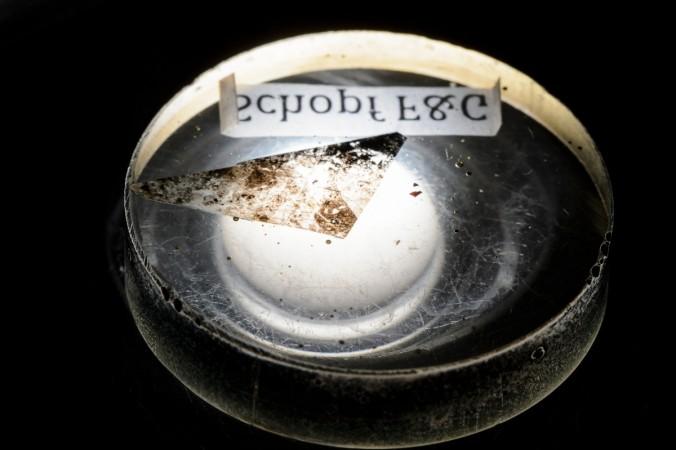
An ancient rock, discovered in Western Australia, has apparently served up what scientists called the earliest direct evidence of life on Earth. The rock, which is claimed to be nearly 3.5 billion years old, yielded microscopic fossils that are expected to help scientists better understand the origins of life on the planet.
In the study, published in the Proceedings of the National Academy of Sciences (PNAS) on Monday, researchers at UCLA and the University of Wisconsin-Madison described 11 microbial fossil specimens from five separate taxa, and connected the fossils' morphologies to chemical signatures that are considered to be the basis for life.
The researchers found that some of the specimens represented now-extinct bacteria and microbes from a domain of life called Archaea while others were similar to microbial species still alive today. According to J. William Schopf, professor of paleobiology at UCLA and one of the leaders of the research, scientists used a secondary ion mass spectrometer (SIMS) for further analysis of the fossils and found them to be "a primitive, but diverse group of organisms."
Other than uncovering secrets of the inner workings and history of the oldest fossils ever found on Earth, the study also provides insights into how organisms may have survived on an oxygen-free planet when the Earth was still in its infancy.

The team of scientists identified a complex group of microbes within the rock, including phototrophic bacteria that produce energy from the sun, Archaea that produced methane, and Gammaproteobacteria that consume methane. It's believed that methane was an important element of Earth's early atmosphere prior to oxygen.
Since different types of microbes were likely present on Earth about 3.5 billion years ago, it's possible that "life had to have begun substantially earlier" and it was "not difficult for primitive life to form and to evolve into more advanced microorganisms," Schopf said, adding that the new study also indicates that life could be common throughout the universe.
The discovery of the ancient microfossils is, however, not a new one. Schopf and his team first described the findings in journal Science in 1993. They published further supporting evidence of the fossils' biological identities in 2002.
But, all these earlier interpretations have been disputed, with critics arguing that they were just odd minerals resembling biological specimens trapped within a larger rock. The new findings, meanwhile, seem to have put the doubts to rest, confirming that the fossils are indeed of biological origin.
"I think it's settled," John W. Valley, professor of geoscience at the University of Wisconsin-Madison, said in a statement.















